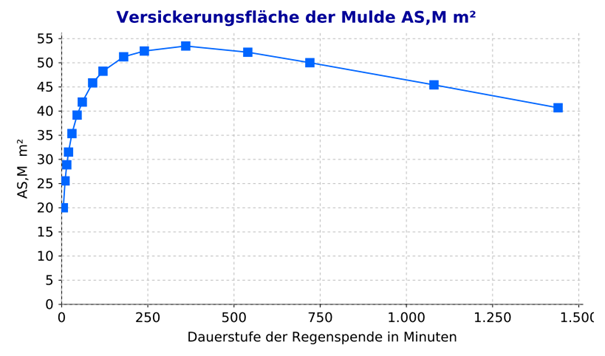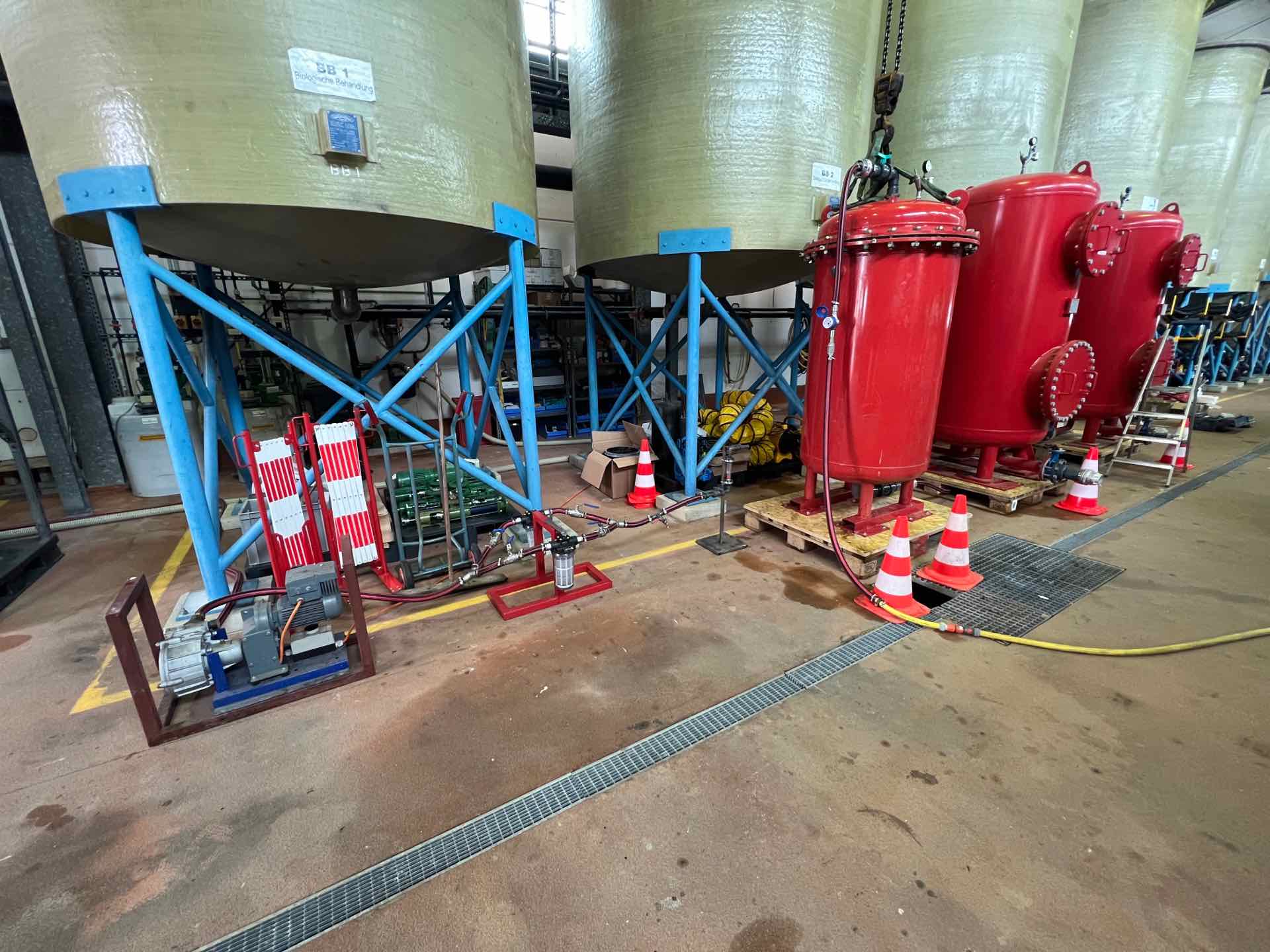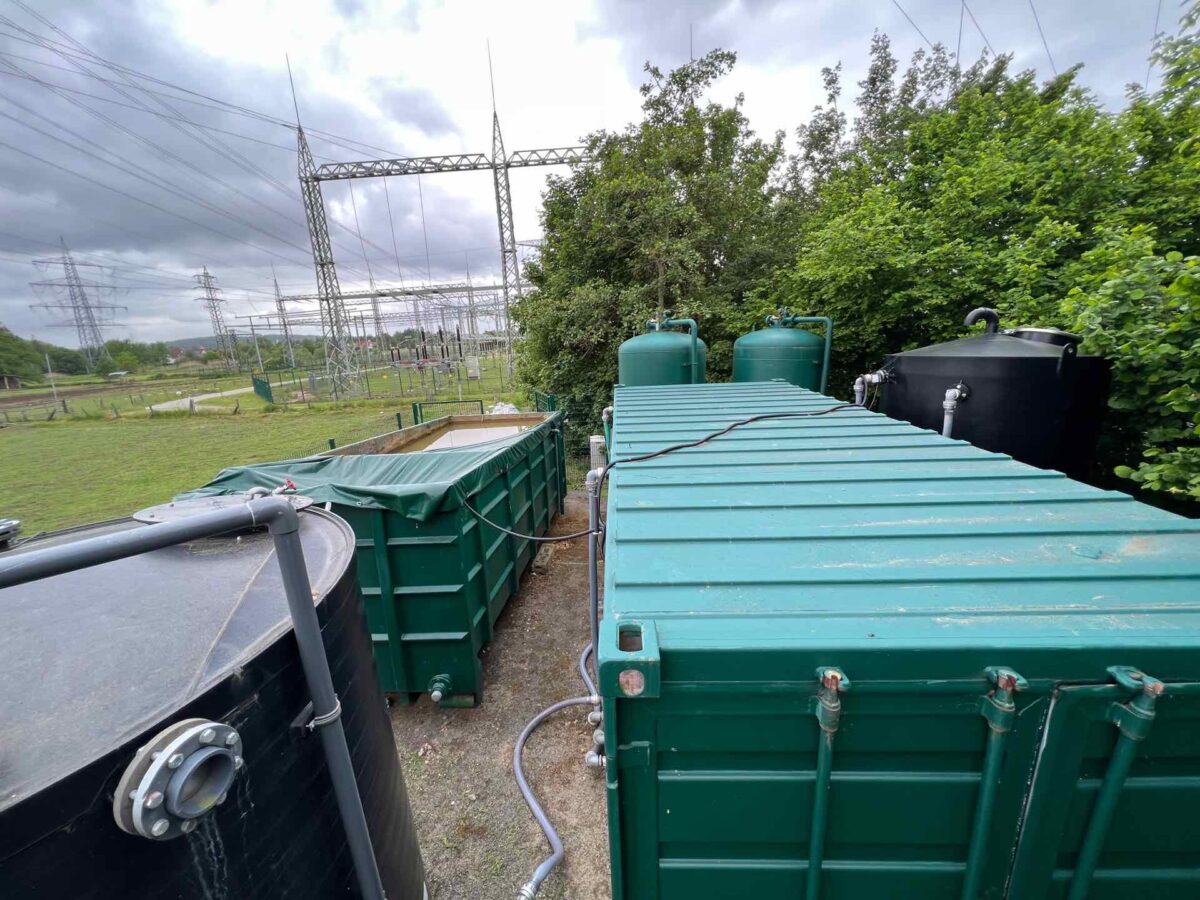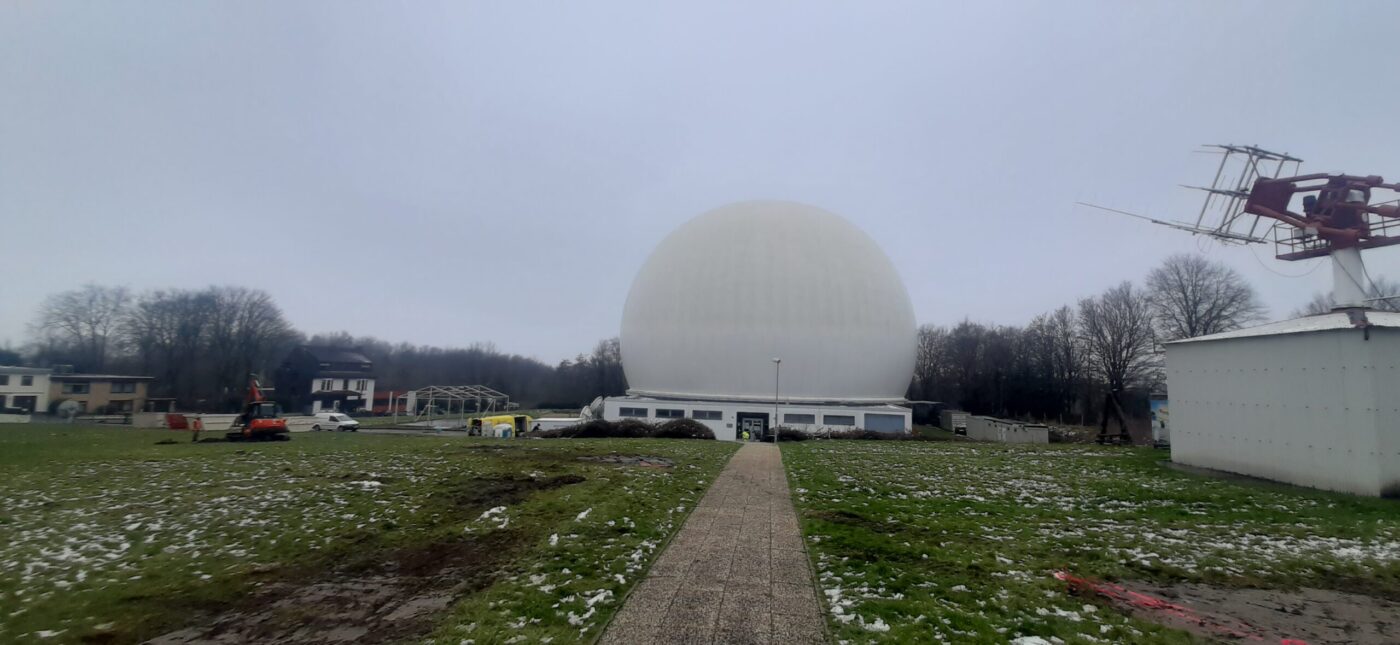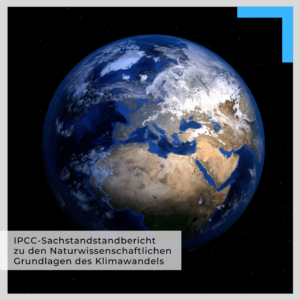
NEWS: The task of the IPCC Abbreviation for Intergovernmental Panel on Climate Change also known as the Intergovernmental Panel on Climate Change, is to provide regular reports on the current state of knowledge on climate change in order to provide governments at all levels with information that they can use to develop their climate policy.
To this end, the IPCC summarises current knowledge from all relevant areas of research and presents the causes, consequences and risks of climate change. It also identifies ways in which humanity can minimise climate change and adapt to it. The IPCC does not conduct its own research, but summarises the findings of tens of thousands of publications in so-called Assessment Reports, the IPCC Assessment Reportsand special reports and evaluates them from a scientific perspective. These status reports summarise the results for political decision-makers.
The first volume of the Sixth IPCC Assessment Report (AR6) of the Working Group (WG I) on the Scientific Basis of Climate Change was published on 9 August 2021. In the core team, 243 experts from 66 countries, including seven from Germany, worked on the contribution of Working Group I from summer 2018 to July 2021. The other reports are currently being prepared by the Working Groups on Climate Change Impacts, Vulnerability and Adaptation (WG II) and Climate Change Mitigation (WG III) and will be published in 2022. The last version of the report (WG5) dates back to 2013.
The key messages of the report:
- Human influence has warmed the climate at a rate unprecedented in the last 2000 years. Human-induced climate change is already affecting many weather and climate extremes in all regions of the world. The changes we are experiencing will increase with further warming.
- Many changes in the climate system are directly linked to increasing global warming. These include an increase in the frequency and intensity of heat extremes, marine heatwaves and heavy precipitation, agricultural and ecological droughts in some regions, the proportion of severe tropical cyclones and declines in Arctic sea ice, snow cover and permafrost. For Germany as a whole, climate change means more extreme weather, especially more heat waves. It is generally getting warmer and drier and the risk of fire is increasing. Seemingly paradoxically, precipitation is also increasing, especially the risk of heavy rainfall. Another clear consequence of climate change is the rise in sea level, depending on the scenario, from 30 cm - 60 cm or from 60 cm - 1.00 m on the German coast by 2100. If the unstable Antarctic ice sheet melts, the sea level could rise by up to 1.60 metres. All scenarios predict a rise of 20 cm - 30 cm by 2050.
- Many changes due to past and future greenhouse gas emissions are irreversible over centuries to millennia, especially changes in the ocean, ice sheets and global sea levels. Future emissions will cause additional warming in the future, whereby the total warming from past & future CO2 emissions. Human activities influence all major components of the climate system, with some responding over decades and others over centuries.
Without an immediate, rapid and comprehensive reduction in greenhouse gas emissions, it will not be possible to limit global warming to 1.5 degrees Celsius. In all scenarios, global warming will exceed 1.5 degrees Celsius in the next 20 years compared to the pre-industrial period with a probability of more than 50 per cent; on average, this will happen in the early 2030s. This also applies to the low emission scenarios, in which warming is limited to around 1.5 degrees Celsius in the long term. Compared to the IPCC special report on global warming of 1.5 degrees Celsius published in 2018, this exceedance is now predicted ten years earlier.
The CO₂ concentration in the atmosphere has already risen to 410 ppm (parts per million) by 2019 (from 313 ppm when measurements began at Mauna Loa, Hawaii in 1958) - this is unprecedented for at least two million years. The global surface temperature has warmed by an average of around 1.09 degrees Celsius between 2011 and 2020 compared to pre-industrial times, and each of the past four decades has been warmer than any previous decade since 1850
As part of the "Engineering for a Better Tomorrow" programme, the MuP Group is helping to achieve compliance with climate targets. M&P GO.BLUE.NOW is working with customers and partners to limit global warming to 1.5°.
Sources:
- to the press release
- https://www.de-ipcc.de/media/content/Hauptaussagen_AR6-WGI.pdf
- https://www.de-ipcc.de/media/content/AR6_PPT_SPM_Folien_DE_Eyring_Marotzke_PK_BMU_BMBF.pdf
Find out more about our work and projects and follow us: ![]()
![]()
![]()
![]()
#mullandpartners #engineeringforabettertomorrow #news #therwarming #go.blue,now

